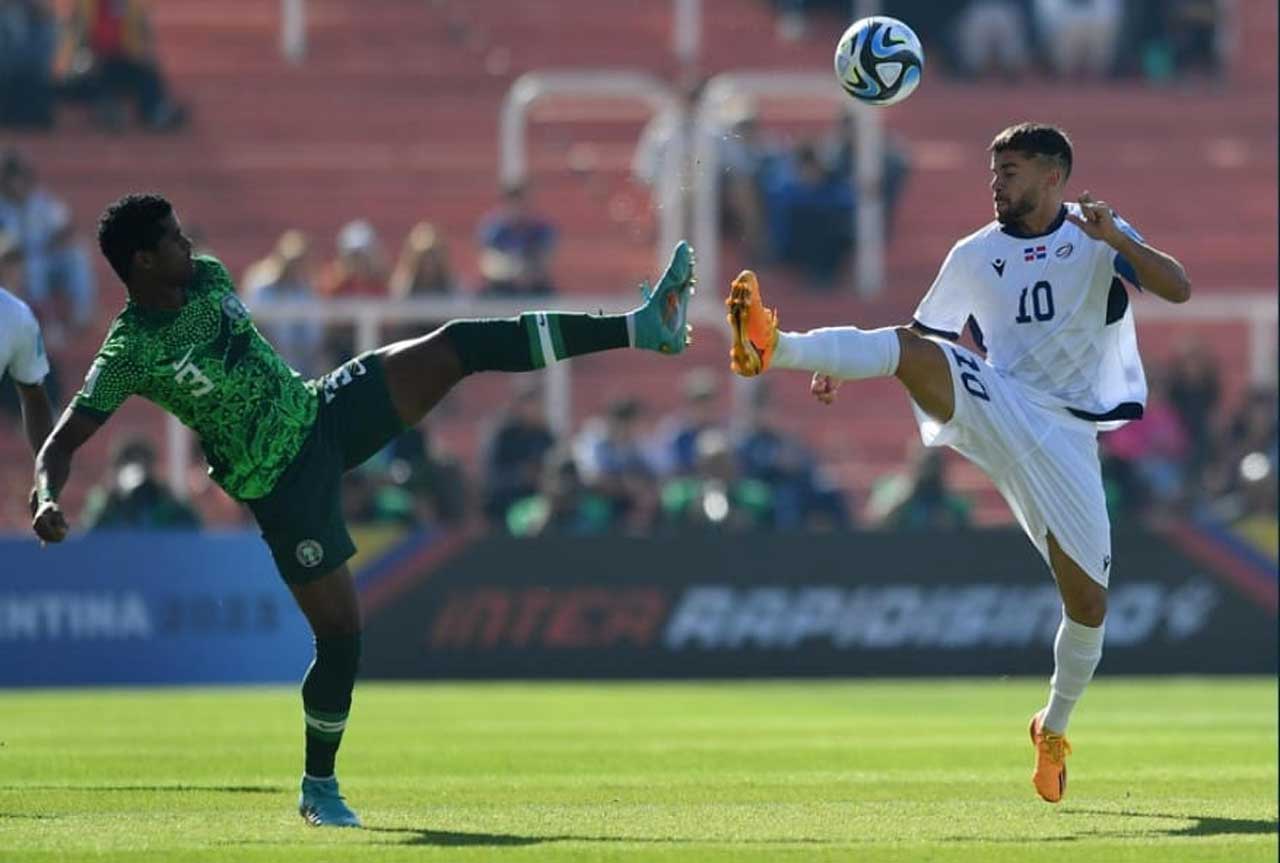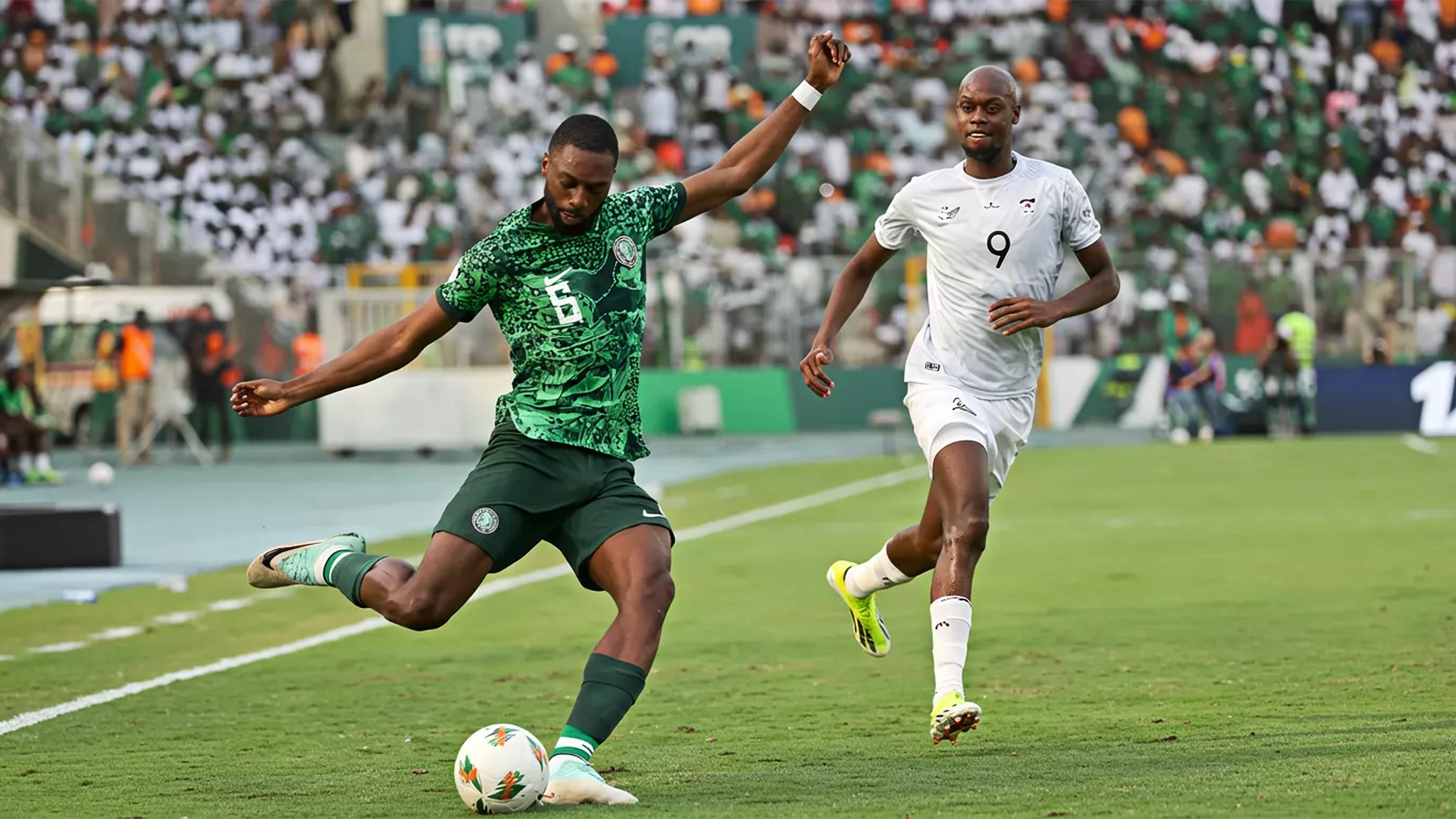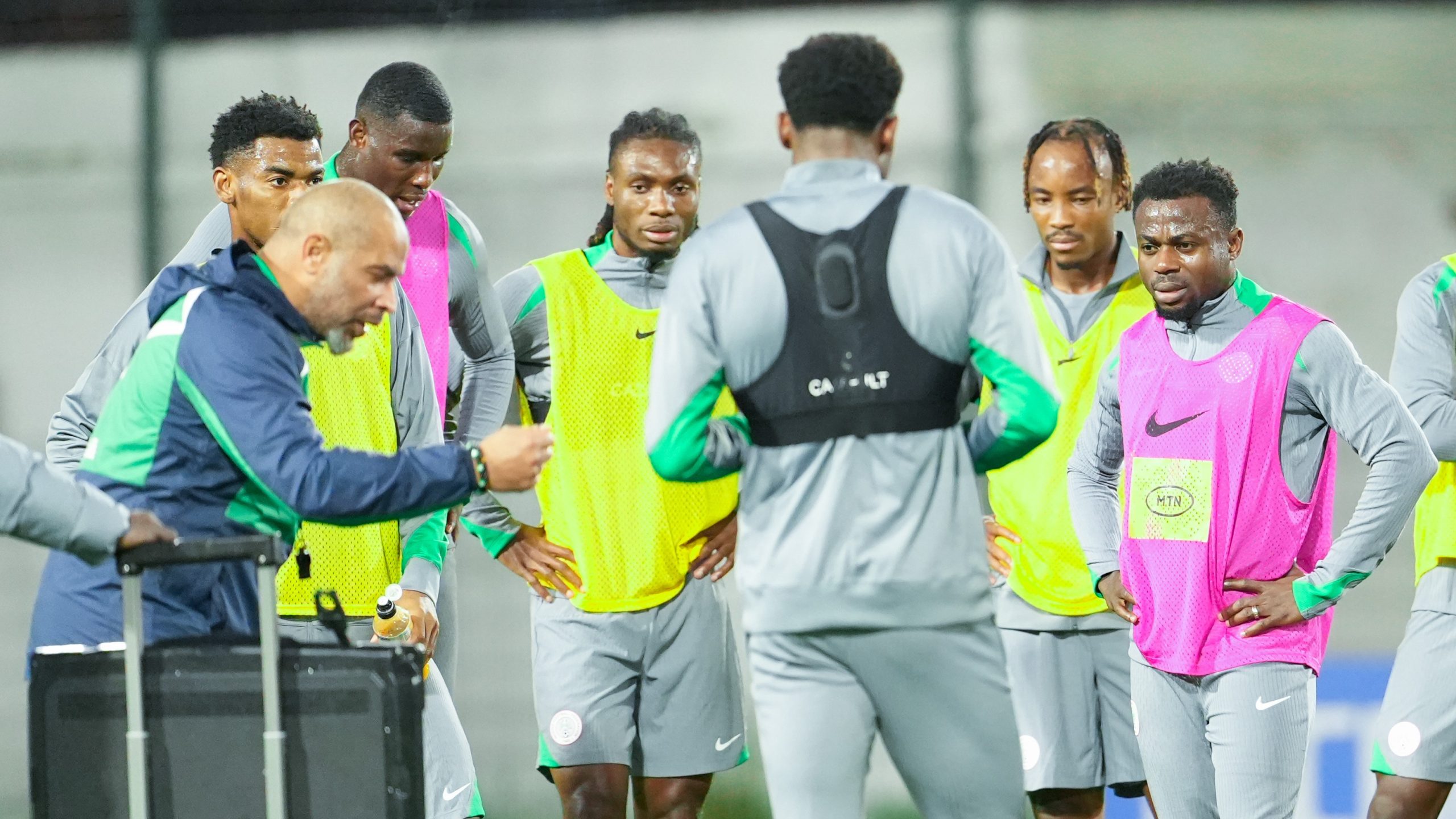
In most parts of the world, the proliferation of football academies is a great boost to their football as a steady stream of cadet stars keeps on nourishing their national teams. Conversely, that is not the situation in Nigeria, where substandard academies are adding to the country’s football woes. GOWON AKPODONOR writes that the depleting fortunes of the country’s junior and senior football teams are pointers that football academies are not delivering their mandates.
Most of the world’s best footballing nations are on top of the global game because they have developed a system of building from scratch.
Some of the best European nations, as well as South American and Asian countries like Japan and South Korea, are where they are in football today because of the constant supply of talent by their nurseries.
At the just-concluded Euro 2024 Championship, some of the best-performing nations featured teams with players, who in the recent past would have been playing for their junior sides instead of their senior national teams.
Lamine Yamal, who emerged as the best young player at the championship and was also rated as the most influential star in the title-winning Spanish side, marked his 17th birthday at the competition. Other such players groomed in academies in their countries that are becoming world-class stars include youngsters like Jamal Musiala of Germany, Niko Williams of Spain, Jude Bellingham and BukayoSaka of England, as well as, Ardar Gulan (Turkey), Kobbie Mainoo (England), Xavi Simons (Holland) and Nuno Mendes of Portugal that lit up the show in Germany.
In contrast, Nigerian academies have failed to provide players even for cadet national teams to the point that the country now finds it difficult to qualify for continental youth championships.
Recently, the question came to fore once again when the national U-17 team, the Golden Eaglets, led by Manu Garba, failed to qualify for the U-17 Africa Cup of Nations, which subsequently ruled the country out of the World Cup holding in Qatar, in 2025.
The Manu Garba-led team fell short at the West African Football Union B Tournament, which served as the qualifiers for the U-17 Nations Cup despite beating Ghana 3-2 to win the bronze medal, earlier this year.
The implication is that Nigeria will miss out on the newly-expanded 48-team U-17 FIFA World Cup, in Qatar with 10 representatives from Africa. The Golden Eaglets have now failed to qualify for a second consecutive African U-17 Nations Cup despite being the most successful team in the history of the FIFA U-17 World Cup with five titles to their credit.
Since the team’s failure in May this year, some stakeholders have raised questions on the usefulness of the many football academies to football development in the country.
The Golden Eaglets won their last FIFA World Cup trophy in 2015 under the tutelage of Emmanuel Amunike. The competition produced the likes of Victor Osimhen, Kelechi Nwakali, and Samuel Chukwueze. Victor Osimhen won the top scorer award of the competition with 10 goals, while Kelechi Nwakali was named player of the tournament. All these players, like those before them, have found their way into the Super Eagles. But that has since stopped, as the junior national teams no longer supply players to the Super Eagles. Rather, the country now shops for talents from the Diaspora community to fill the Super Eagles.
In an ideal situation, joining a private football academy introduces kids to a network of players, coaches, and industry professionals from around the world.
This not only enriches players’ footballing experience, but also opens doors to international opportunities, as well as, a comprehensive package for aspiring footballers, including personalised development, professional exposure, and academic support.
Rather than produce players to serve as feeders for the national youth team, the various football academies, according to former Green Eagles winger, Adegoke Adelabu, are set up to market the players to play abroad.
“The worst thing they do most of the time is to smuggle these half-baked players into any of the national teams to market them,” Adelabu, a sports scientist, told The Guardian.
“The first question you will ask is how many of these academies are set up to be feeder teams to our local clubs? The academies were set up to send our players abroad to play. That is why you hear about a Nigerian player in a European club who never played for any known club in Nigeria.”
According to Adelabu, the majority of the players in the academies are even too old to play at the youth level, even though Nigerians most of the time, sneak them to play at the youth level by reducing their ages.
“I sometimes visit soccer academies’ training grounds to see the mode of training and I always feel sorry for the players. The football academies are not set up for the development of soccer in Nigeria, but to make ends meet for the lucky players.
“We have players with sufficient intelligence and talent to dominate Africa and contest favorably at the world. But no sports development policy governs the setting up of football academies and their modus operandi. Everyone is just doing his thing as he or she pleases. What about school sports? There are no more students in any of our national teams, whereas in our days we played for every cadre of the national teams as students. The universities have lost their demeanor for sport,” said Adelabu, a former player of IICC Shooting Stars of Ibadan.
For years, Edema Fuludu traversed the nooks and crannies of Nigeria playing football for various clubs, including New Nigeria Bank FC of Benin City, BCC Lions of Gboko, and Julius Berger FC of Lagos. Fuludu was part of Coach Clemens Westerhof’s Super Eagles team that won the African Cup of Nations in Tunisia ’94.
Speaking with The Guardian, Fuludu said that most, if not all football academies in Nigeria do not meet the standards expected of normal football academies that are meant for players’ development.
“There are certain factors that must be considered when an academy is under operation to derive the expected benefits,” he said. “One such factor is regulation by the custodian of football in the country, which in this case, is the Nigeria Football Federation (NFF). Anybody with the financial wherewithal can set up an academy provided he meets the regulatory standard. The question is, do we have a standard?
“The second factor we must look at is the philosophy of a country’s football, which should be enshrined in the regulation of an academy. The philosophy of a country’s football can be referred to as the culture of its football, which is tailored, or engineered to be taught from the academies and schools up to the national teams.
“The third factor we must consider is facilities approved for football academies, which should be bound by the criterion set out by football authorities. An academy without a good football field, and basic training materials except for one or two balls, is not an academy.
“Coaching education is also a factor. This country is lagging seriously behind in coaching education compared to other countries on the continent. We must consciously invest in coaching education to drive home the philosophy, and those to do it cannot be roadside coaches referred to as ‘coachees’ without requisite training. In my opinion, the revival of school football and organisation of street soccer will bring back more youths with innate talents to complement those from properly run academies,” Fuludu stated.
To the former chairman of Gombe United Football Club, Shuaibu Gara-Gombe, the sporadic establishment of football academies in Nigeria is completely a failure on the part of those managing football in the country.
“I remember when Amaju Pinnick became president of the NFF, I was one of the very first people that sat down with him. He invited me to Warri, Delta State to design a programme for the development of Nigeria football. Onochie Anibeze of Vanguard Newspaper was also there. At that meeting, the first issue he tabled before me was advice on how to go about the development of Nigerian football. I told him clearly that I am pained with the various types of talent hunt exercises and programmes, which people are organising fraudulently to dupe unsuspecting parents, and members of the public, particularly young Nigerians.
“I told him that if he allowed me, I want to sanitise that sector so that people don’t just go about gathering young boys into uncompleted buildings to collect money in the name of running football academies. I gave an example of a certain England-based Nigerian ex-footballer who started the nonsense. He went around the country, from Lagos to Kaduna, Maiduguri to Sokoto deceiving the young boys to purchase scratch cards of N3,000 each to enable them to gain entry into his football academy.
“He even promised that he would take them abroad. Over 20,000 Nigerian youths bought the scratch card, but the majority of them did not even see the ball not to mention seeing the football academy. That ex-player (name withheld) is supposed to be in jail. I told Amaju to allow me to sanitise the sector for our football to have fresh breath, but till his administration ended, he didn’t give it a thought. The rate of football academies even increased during his tenure.”
Gara-Gombe revealed that he met a woman at the Sports Ministry during Solomon Dalung’s tenure “with her seven children, and she told me that one agent brought them to Abuja, where they stayed for seven days in the belief that his football academy would take the children to a football club in Russia.
“Each of these seven children paid N350,000 then. She said after staying in Abuja for about two weeks, the man disappeared and they couldn’t trace him. That was the reason they came to the Sports Ministry to lay the complaint. They were not even supposed to go to the Sports Ministry but to the NFF. With that anger in me, I went to Solomon Dalung to ask what he was doing about the fraudulent establishment of football academies everywhere in the country.
“Now, some embassies connive with them. They also have some friends and clubs abroad that connive with them by giving them letters, which they leverage to dupe young Nigerians at home.”
Gara-Gombe said that he took the issue to current NFF President, Ibrahim Gusau, when he assumed the office, hoping that the federation would tackle the menace.
“I pleaded with him to sanitise the sector as quickly as possible. There are a few good football academies like the Pepsi Football Academy, and Kwara Football Academy, which have some level of credibility. But the fraudulent ones have already destroyed the system.”
According to Gara-Gombe, if the NFF set a standard every academy must meet before it operates in the country, not more than 20 would remain as some of them don’t even have football fields, while some don’t have balls and jerseys, yet, they call themselves football academies. At the end of my discussion with Gusau, he said there was a submission made to him already. He said I should write mine, which I did a few days later and submitted to him. Now, it is about seven months since we met, and Gusau is yet to say or do anything about it…”






